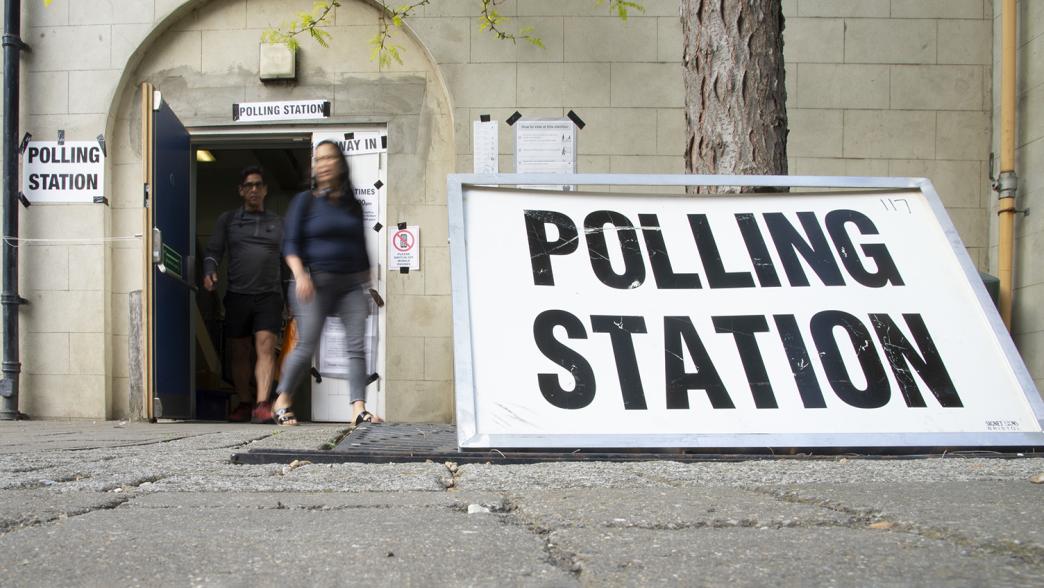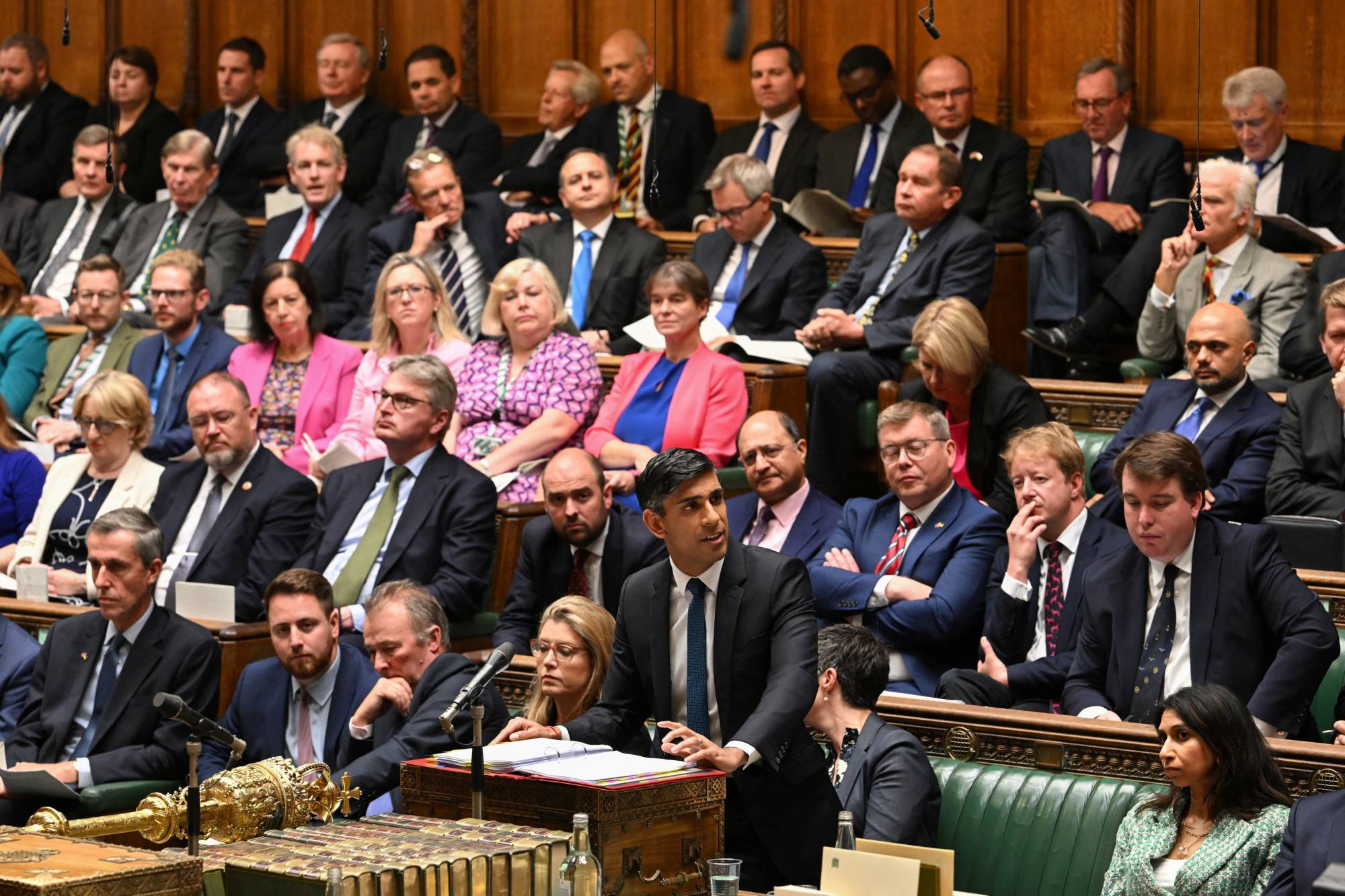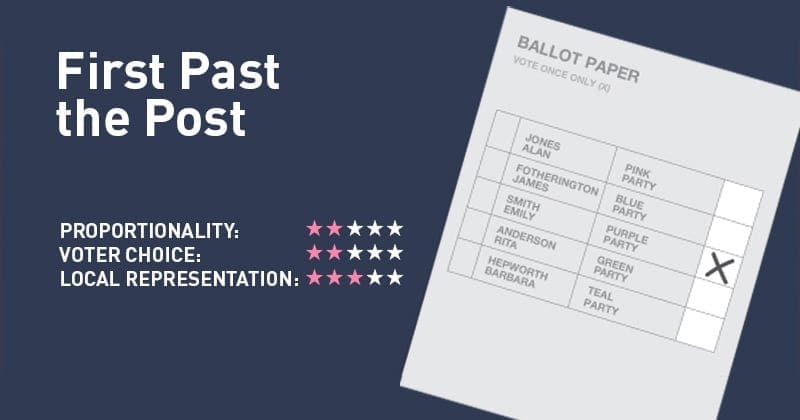An important bill, the Elections Act 2022, was presented to the House of Commons in July 2021 and, after receiving Royal Assent on April 28, 2022, became law. With the passage of this law, the United Kingdom has broken with its long history of voting by making photo identification required for all in-person ballots. The Act also gives the government new powers over the Electoral Commission, an independent elections regulator; this is a sensitive point.
Important Elections Act 2022 Requirements:
The most noticeable amendment to the Elections Act 2022 is the need for picture identification when voting in person in the UK. Since only Northern Ireland had previously required voter identification in the UK, this is a change from the usual. Much discussion and worry has been generated on the possible effects of the Act’s inclusion of this requirement on accessibility and voting turnout.
The Election Commission Under the Government’s Watchful Eye:
Aside from changing voter ID laws, the Elections Act of 2022 gives the government more authority over the Electoral Commission, an independent body that regulates elections. The future autonomy of the commission has been called into question by this decision. Some feel that these modifications could weaken the credibility and objectivity of the organization tasked with monitoring voting procedures.
Consequences for Voter Participation:
A possible 1.1 million fewer voters will cast ballots in the next general election, according to academic studies submitted to the House of Commons. Parliamentary committees, the House of Lords, and devolved administrations are among those who are opposed to the Act on the grounds that it could disenfranchise some populations due to the disproportionate impact of these amendments on those populations who are less likely to have picture ID.
Disagreements and Resistance for Elections Act 2022:
Many people are strongly against the Elections Act of 2022. The possible negative repercussions of the Act have been voiced by critics, who include members of the House of Lords, the Electoral Commission, and devolved governments. The legislation’s already contentious atmosphere has only grown since the House of Lords rejected many amendments, most notably those that would have mitigated the Act’s effect on diversity and inclusion.
Questions and Remarks:
Some people are against the Elections Act of 2022 because they think it will make it harder for some people to vote, especially those who don’t have photo IDs. Lord Wallace, a fellow Liberal Democrat, is among many who have criticized the measure, calling it “shabby and illiberal” and a “nefarious piece of legislation.” The Act has diminished the inclusivity of elections, which could damage the UK’s democratic reputation, according to Professor Toby James, an expert in politics and public policy.
Modifications to Methods of Voting in Elections Act 2022:
Not only does the Act mandate voter IDs, but it also replaces the supplemental vote (SV) system with the first-past-the-post (FPTP) system for elections for the positions of police and crime commissioner and mayor. Those who are against the change say it will help the current Conservative Party win elections in the future, especially in London, even if they don’t have a majority of the vote.
In essence:
The implementation of required picture identification and changes to the voting landscape in the Elections Act 2022 has caused quite a stir. Opponents voice worries about possible disenfranchisement and the weakening of democratic norms, while supporters claim that these improvements strengthen the honesty of the voting process. We will continue to examine and evaluate the long-term effects on voter engagement and the electoral system as the UK adjusts to these revolutionary legislative developments.






